November 15, 2023
People spending more time in offices in search of social interaction
 Office workers now spend more time in the office, with the average creeping up to three and a half days per week compared to three days in 2022, according to a new report from international law firm, Gowling WLG. The report, titled Strategic moves: why the office is now a business-critical decision [registration], surveyed senior representatives responsible for making office lease decisions in companies, and a selection of office workers. It identifies that a more permanent approach to office usage is now emerging, as the shadow of the pandemic recedes, as well as demonstrating the changing metrics being applied by occupiers to decisions relating to premises requirements and the more complex environment for landlord asset management. (more…)
Office workers now spend more time in the office, with the average creeping up to three and a half days per week compared to three days in 2022, according to a new report from international law firm, Gowling WLG. The report, titled Strategic moves: why the office is now a business-critical decision [registration], surveyed senior representatives responsible for making office lease decisions in companies, and a selection of office workers. It identifies that a more permanent approach to office usage is now emerging, as the shadow of the pandemic recedes, as well as demonstrating the changing metrics being applied by occupiers to decisions relating to premises requirements and the more complex environment for landlord asset management. (more…)







 Gen Z is the largest generation in human history, and over the next 10 years, 1.3 billion of its members will enter the global workforce. However, the Covid-19 pandemic has meant that this new generation of graduates is entering one of the toughest job markets in decades.
Gen Z is the largest generation in human history, and over the next 10 years, 1.3 billion of its members will enter the global workforce. However, the Covid-19 pandemic has meant that this new generation of graduates is entering one of the toughest job markets in decades. 

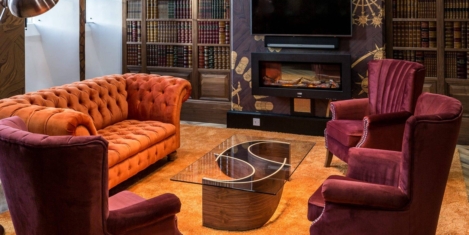

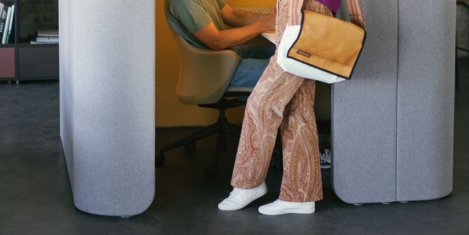
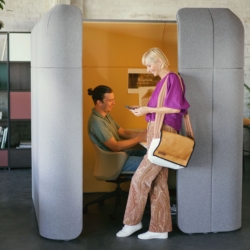
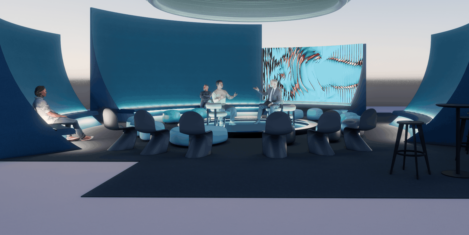





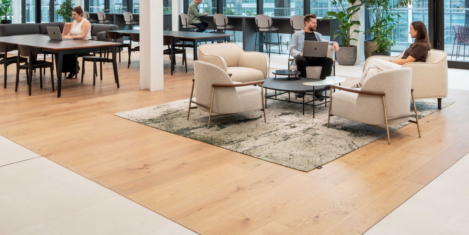
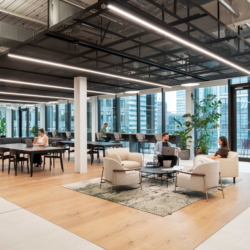











July 23, 2019
Office design should take account of the quality of interactions as well as quantity
by Jonathan Hindle • Comment, Workplace design
(more…)